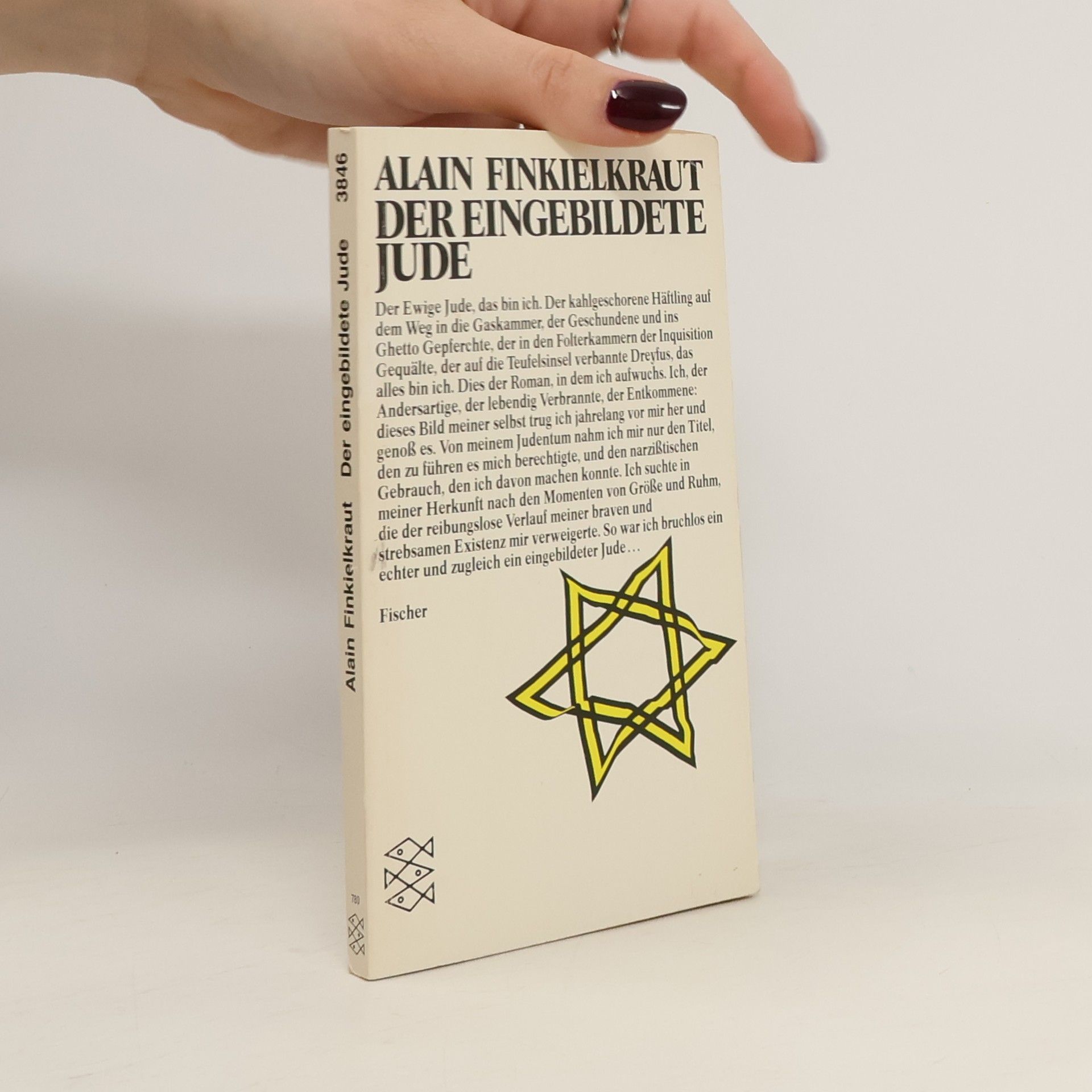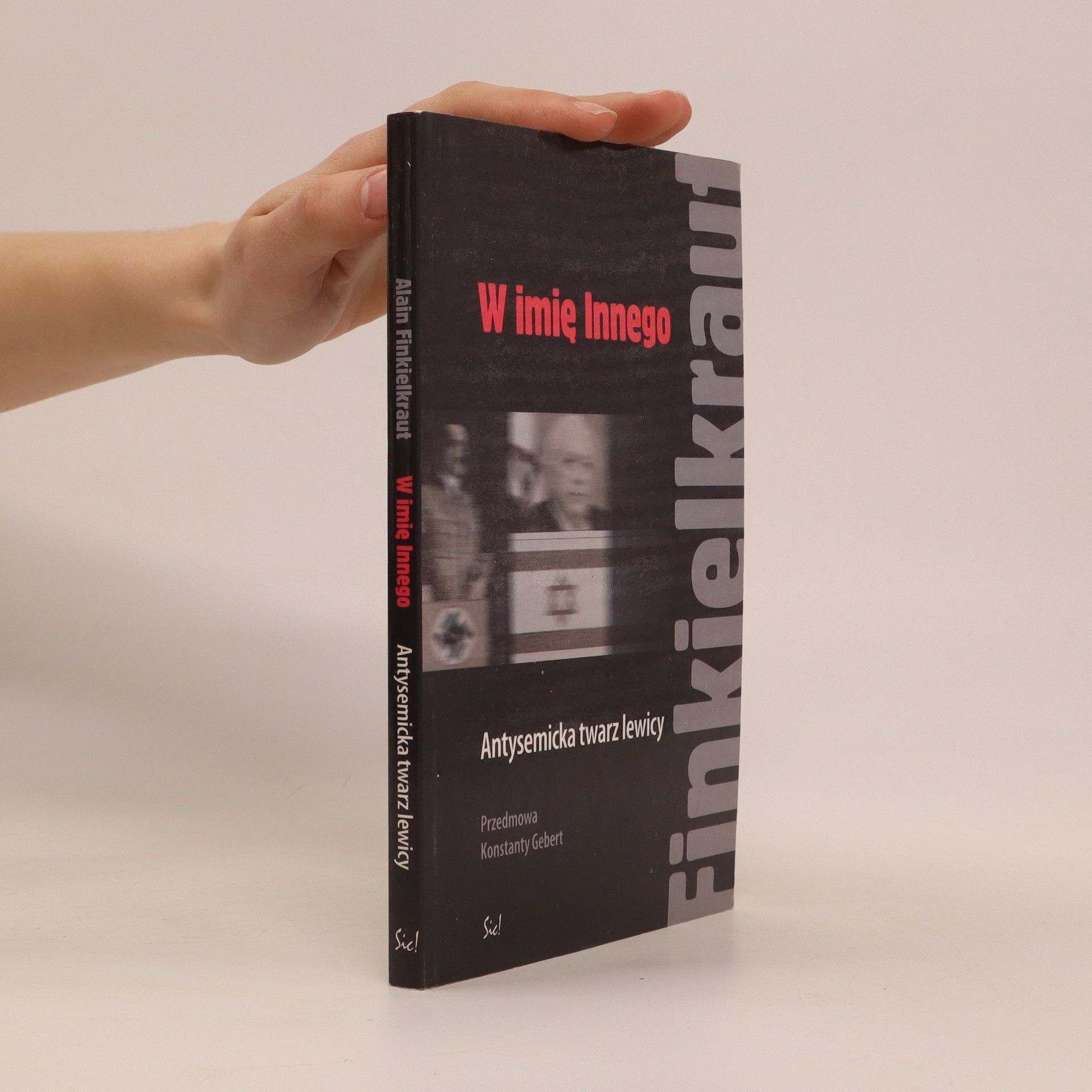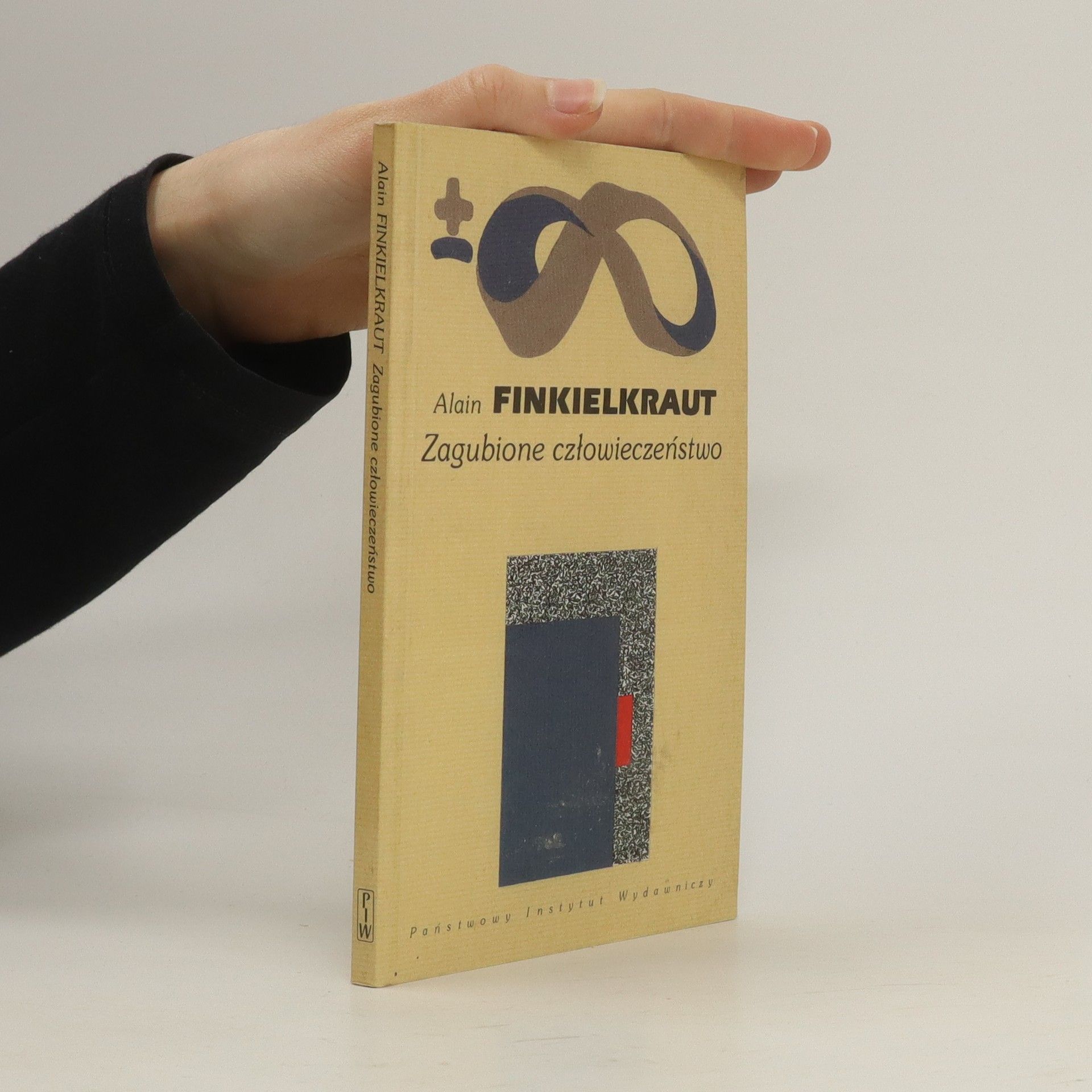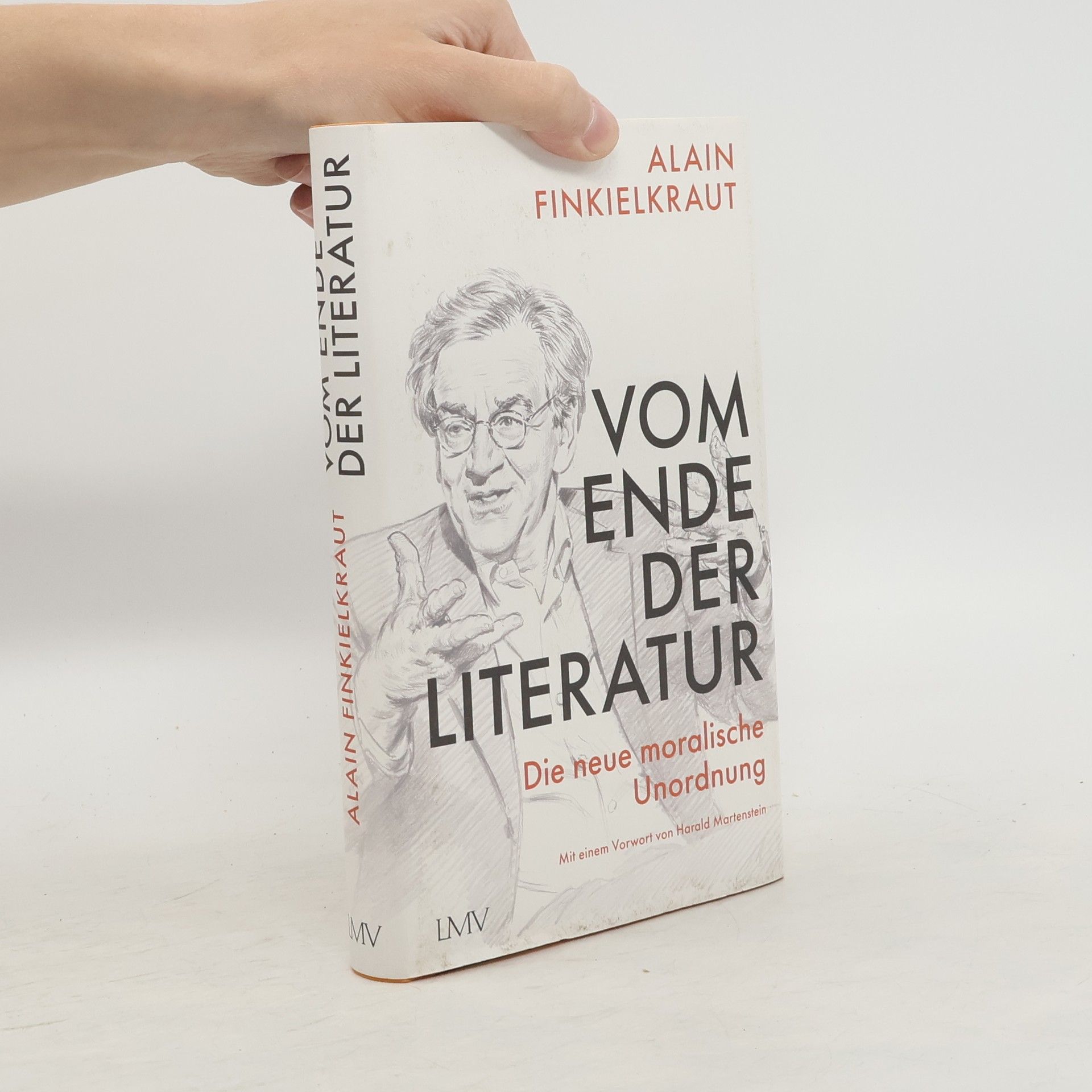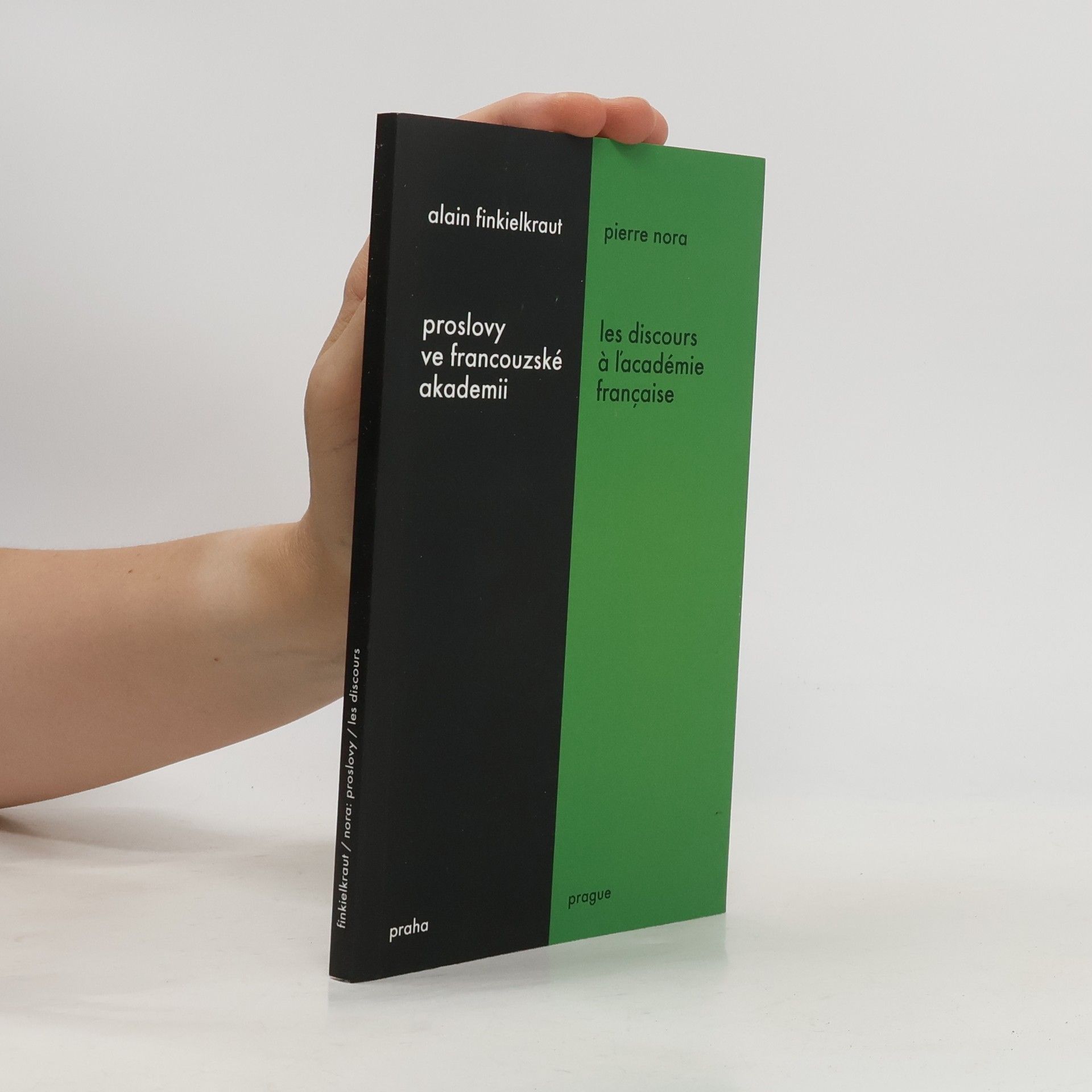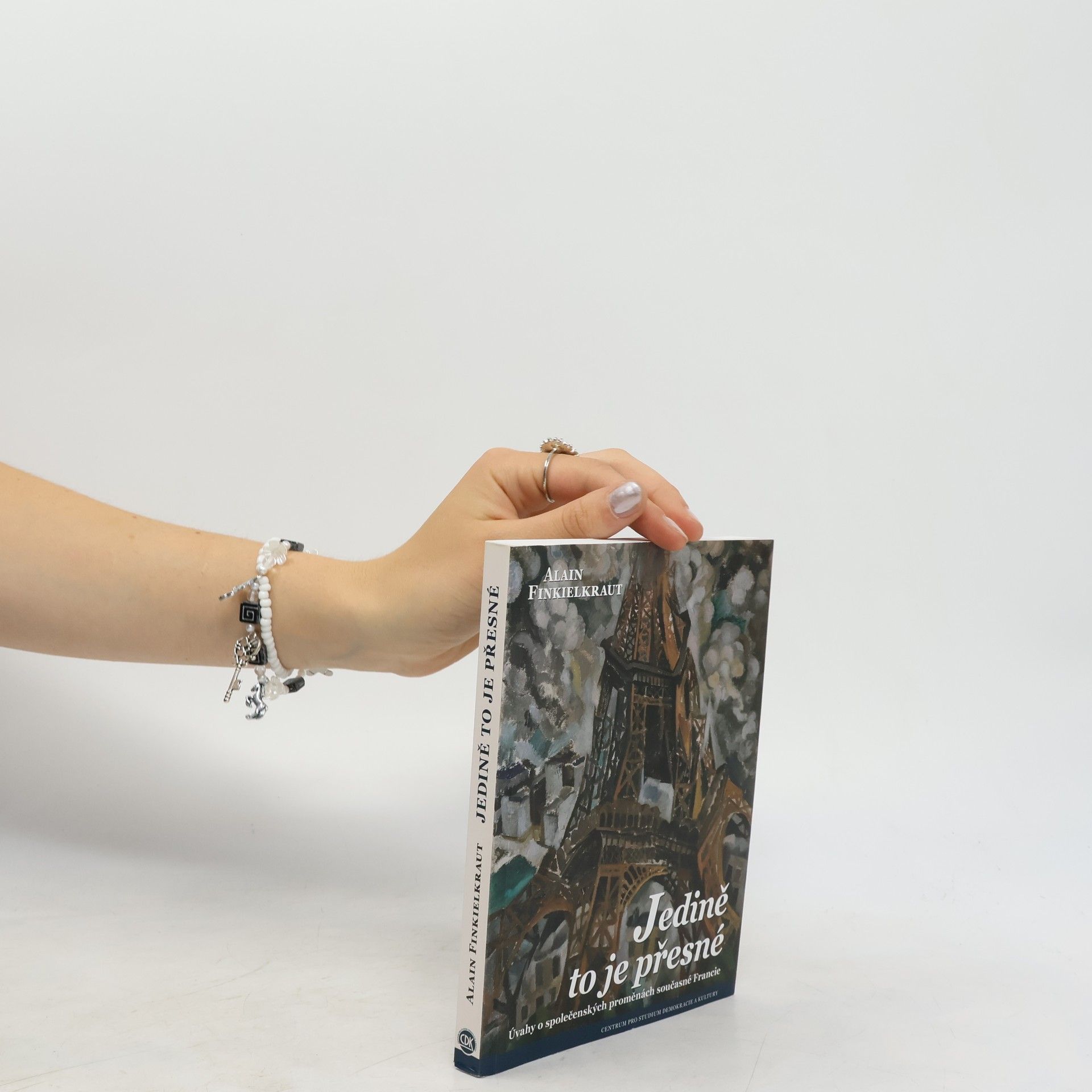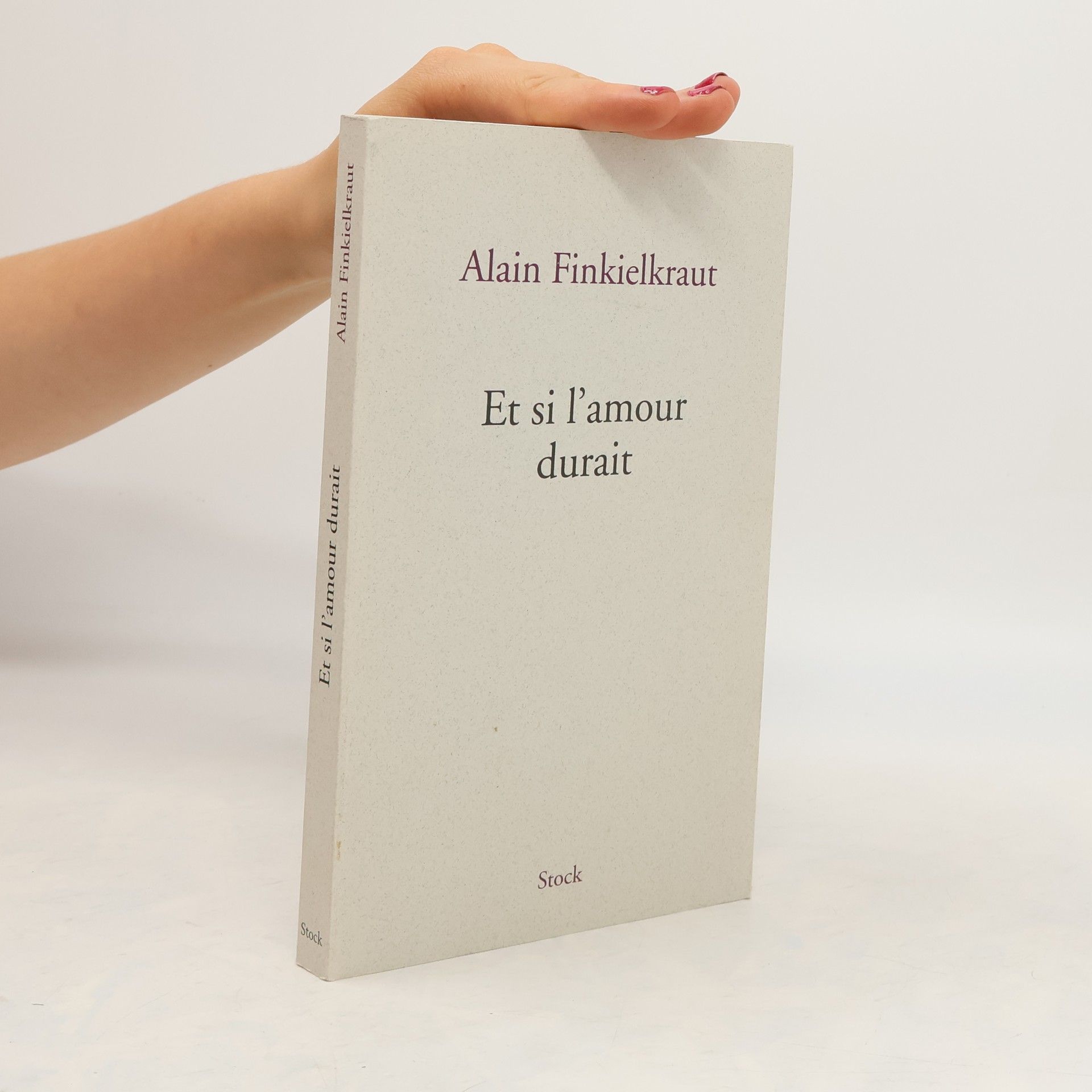Revisionismus von links
Überlegungen zur Frage des Genozids
Die Zukunft, die sich schon 1982 in Alain Finkielkrauts Essay (L’Avenir d’une négation) ankündigte, ist zu unserer Gegenwart geworden. Es ist längst nicht mehr der rechte Revisionismus, der die Tagespresse beherrscht und es sind mehrheitlich auch nicht mehr die ewig Gestrigen, die den singulären Charakter der europäischen Judenvernichtung wirkmächtig in Zweifel ziehen oder leugnen. Das Geschäft des Revisionismus wird heute vielmehr von linken Aktivisten und postkolonialen Theoretikern besorgt, die nichts unversucht lassen, um an der Präzedenzlosigkeit der Shoah zu rütteln.



